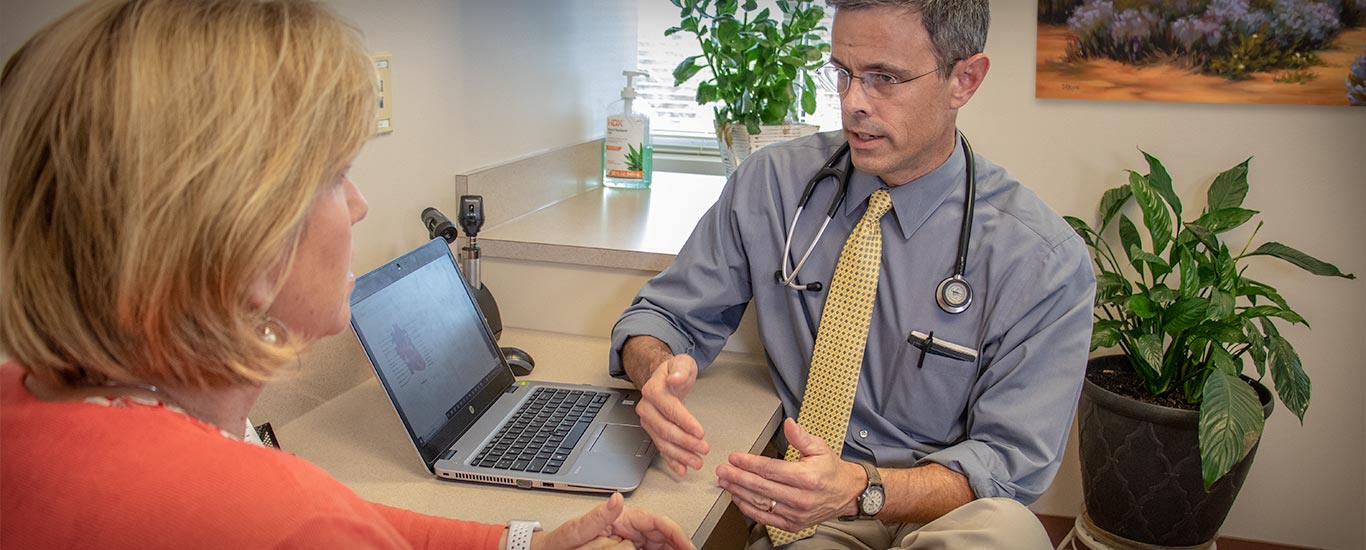Video Series: Testosterone #1: The Basics
Edited transcript
Today we’re talking everybody’s favorite hormone, testosterone, so I thought I’m going to do a series of videos. We’ll keep them short but to help this topic make sense to you, we’re going to start today with the biology of testosterone. In the course of maybe 90 seconds, I will make you into first-year medical students.
How testosterone is made
The basic way that it works: the hypothalamus which is in the central area in the brain directs the pituitary gland which is kind of dead center in the head to manufacture a signaling hormone that travels through the bloodstream that then directs the testicles to manufacture testosterone then the hypothalamus senses the level of testosterone in the blood and uses that as its regulatory feedback loop. That’s the way that the production is regulated: the brain senses and then tells the testicles what to do in response whether to make more or to make less.
Testosterone’s effects
Now with testosterone, as a hormone it can be converted into other hormones so interestingly through aroma and taste hormones that can be converted to estradiol are often abbreviated “e” to in in nomenclature, and it can be converted to dihydrotestosterone, DHT. Now as we look at the different effects that testosterone and the downstream hormones have. You know, of course, what we think of what testosterone is: big muscle building effect; right. That’s part of it, but there are other effects so as you look at the effects of testosterone itself then you see it stimulates more muscle which of course is the main thing that we think about.
Testosterone also relates to libido, and it relates to erectile function. Then as you look at estradiol, and just to point out here, guys have a normal amount of estradiol which is an estrogen-category hormone. Normally, it’s a bunch of testosterone and a little bit of estradiol; that’s normal. The effect of estradiol relates to bone health, relates to fat content and the body, relates to libido, and also relates to erectile function. As you look at dihydrotestosterone, DHT, so that one that has impact on hair; you know, the whole thing with male pattern baldness being driven by testosterone. Well, it’s actually driven largely by DHT and DHT also promotes the growth of the prostate.
Over the years biologically these are the effects of testosterone and its downstream hormones of estradiol and DHT. So, pretty interesting.
Testosterone and aging
Now, this is this is going to be the core physiology that we’ll use as we go into subsequent videos. One interesting biological thing else I want to mention is that the natural hormone level of testosterone declines with age, so your normal hormone level when you’re 20 versus 80 is stepwise declines as the decades go by.
In aggregate, then, we’ve got the brain regulating the testosterone level by means of directing the testicles what to do, we have the effects of testosterone and estradiol and DHT, and then we have a natural decline in testosterone blood levels as the years go by.
In subsequent episodes, we’ll be talking about when to look at testing testosterone levels, and if considering supplementation, what are some of the pros and cons of that. Stay tuned for subsequent episodes. I’m Dr. O’Connell for Sentinel Primary Care.


